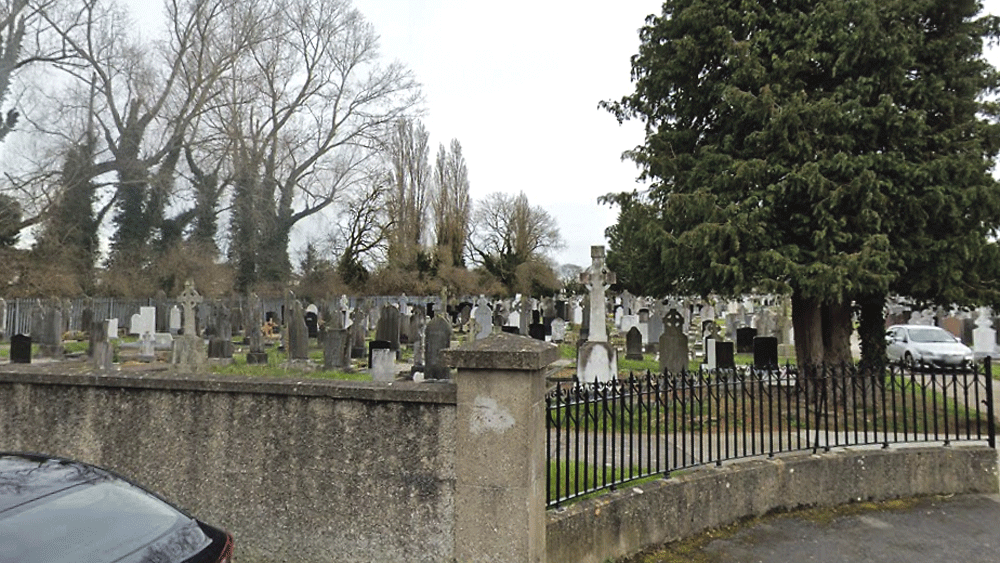
Work begins on digitisation of burial records
Work on the digitisation of burial records in the South Dublin region is currently underway.
The digitisation is intended to create a public facility whereby members of the public and historians can access burial information.
The plans come in the form of a cloud-based integrated cemetery management system to map out the plots in all cemeteries under the remit of South Dublin County Council.
Councillor Caroline Brady welcomed the news that digitisation of records is underway and noted that it will be easier for people to trace family trees now.
Cllr Brady said: “To have those records available to search for people, it’s really important…I think it’s really important for people to know where they came from and to be able to find that information.”
The system is expected to include photographs, record management and an online payment system.
The process will involve the careful cataloguing, scanning, and indexing of existing records to ensure they are accessible in a secure and user-friendly digital format.
Cllr Brady noted that she is a genealogy enthusiast and traced back her family tree to the 1800s during Covid.
“I searched through every census that was available…old birth certs and marriage certs.”
Cllr Brady explained that the erosion of headstones and paper records of graves over time can make this search tougher.
Burial sites at St Finian’s Church and the Old and New Esker Cemeteries in Lucan are all set to be included in this digitisation programme.
Digitisation of these records will allow South Dublin County Council to focus on handling tougher tasks in person, while those who wish to search their lineage in the area can do so.
“I would be very much in favour of putting everything, as much as we can, [through] digitised processes, you know, because it makes it more efficient.
“And it also means then that, in terms of running that process, that if you can get kind of the 80/20 rule.
If you can get 80% of all your queries and questions in online, which this will do, that means then that you can really resource the harder things…it frees up the time for doing that really good work.”
Funded by the Local Democracy Reporting Scheme.

